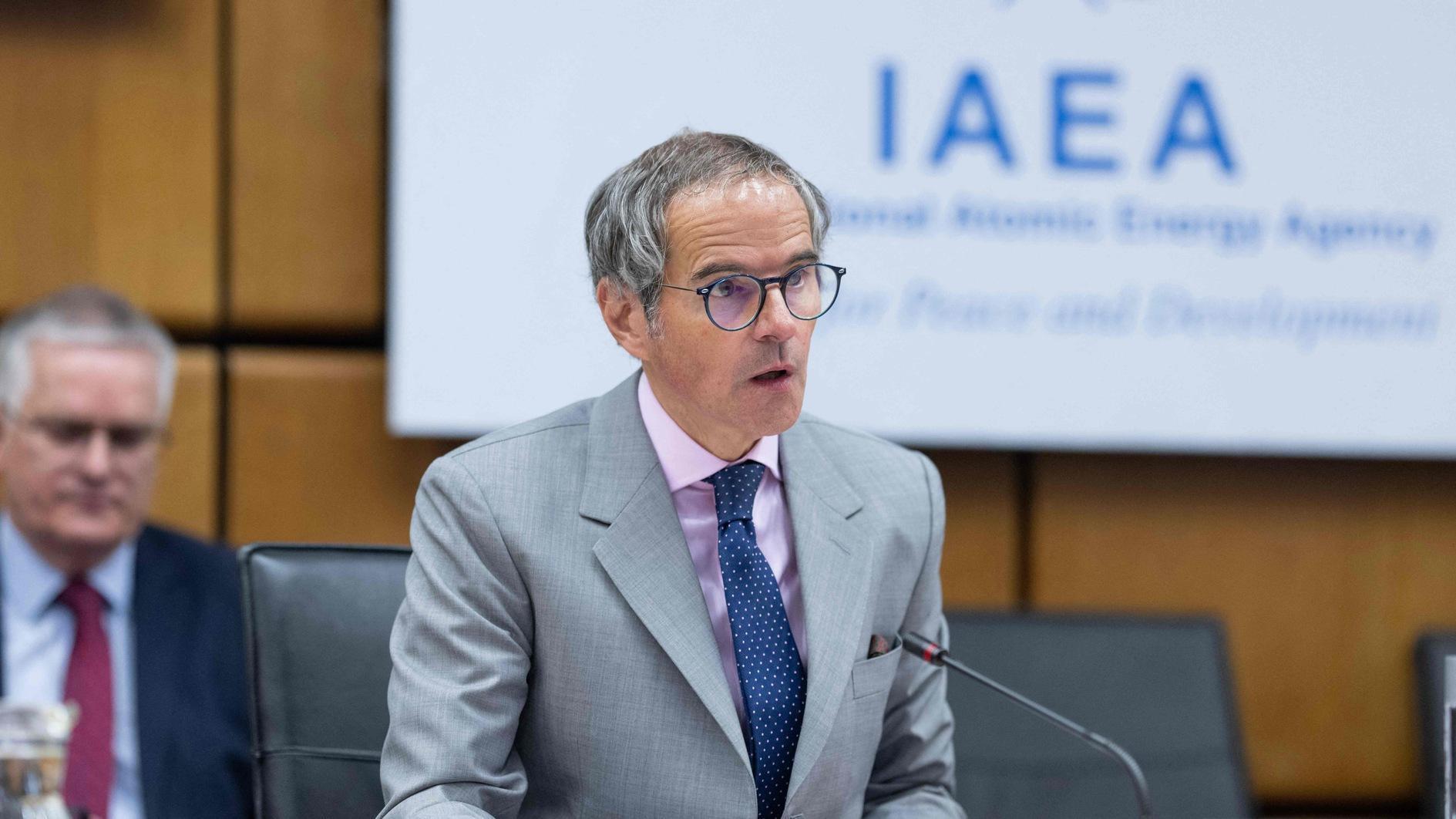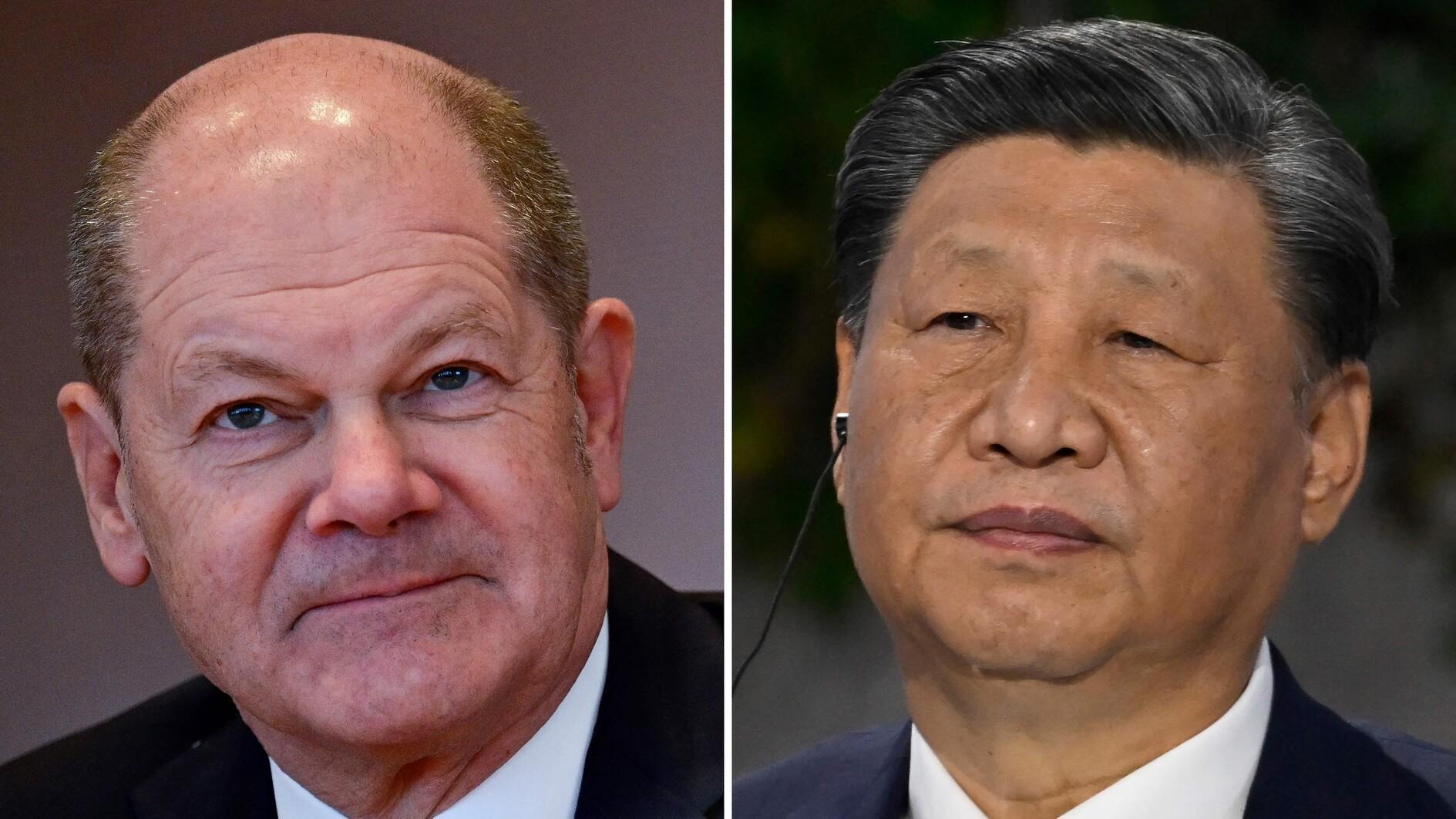Welcome to Nikos and Andros…
Many people were puzzled when Prime Minister Ahmet Davutoğlu and Foreign Minister Mevlut Çavuşoğlu separately met in Istanbul with Andreas Kyprianou, the secretary-general of the Greek Cypriot Progressive Party of Working People (AKEL). Particularly, the very fact that the meeting came immediately after a landmark trilateral meeting of the two Cypriot leaders with the U.N. secretary-general at the Swiss winter resort town of Davos on the sidelines of a World Economic Forum meeting led to comments that Turkey might be moving toward direct involvement to end the more than half-century-old Cyprus problem.
Wrong… Turkey can only be involved directly in the Cyprus process when and if all other aspects of the Cyprus problem are successfully tackled and the time comes to negotiate the guarantee system. In that case, not only Turkey but the other two guarantor powers, Britain and Greece, must be present as well in a “multilateral conference.” Turkey could also join the talks directly if and when Greek Cypriots agree to continue the talks in a five-party format (with the inclusion of the guarantor powers) rather than the current bi-communal framework under the auspices of the goodwill mission of the U.N. secretary-general.
But why did Turkey’s ruling party invite Kyprianou to Istanbul? Was it the first time a Turkish party invited a Greek Cypriot politician to Turkey? Leaving aside Istanbul, where Kyprianou met with the Turkish premier and dined with his host Çavuşoğlu, has any Greek Cypriot politician even been invited to Ankara? Did the current Greek Cypriot leader, Nikos Anastasiades, in his capacity as main opposition Democratic Rally Party (DISI) leader, not visit Ankara in February 2005 and meet the top executives of Turkey’s ruling Justice and development Party (AKP)?
The more Greek Cypriots – at all levels – get into contact with Turkish people and government executives, the easier it will become to get rid of the psychological barriers impeding a settlement on the island. Similarly, the more Turkish Cypriots get into contact with their Greek Cypriot neighbors and mainland Greek people and executives, the more they will understand the threat perception of the 1960s, 1970s and 1980s are not valid in today’s world. Turkey is not a country that could today conduct an intervention in Cyprus, and Greek Cypriots and Greeks are not in a position or mental space to think about exterminating all Turkish Cypriots and achieve a union of the island with Greece. Those are issues of yesterday; today it is high time to concentrate on building tomorrow as increased contacts can only facilitate, not impede, progress toward building a better common future.
The absence of mutual trust – or as it is fashionable to call it, “confidence” – has been the most important element obstructing progress toward a Cyprus deal. Greek Cypriots and Greeks are suffering from a “minority complex” when they look toward the gigantic Turkey of 78 million and mighty military power. Turkish Cypriots – even though they categorically reject being considered a minority – suffer from a minority complex because of the traumatic past they experienced because of the Greek Cypriot-Greek pan-Hellenic obsessions bordering on campaigns of annihilation against them.
Today, Greek Cypriots crossing into Turkish Cyprus – although their numbers are small and they are mostly there to play in the casinos in the evenings – are perplexed seeing that the “poor Turkish Cypriot community” they have been told about over the past decades has long been replaced by a sprawling democratic pluralist society, yes with some economic woes, but heading toward self-sufficiency. Likewise, Greek Cypriots traveling to Istanbul to shop or to attend services at the Phanar Patriarchate are shocked to see that Turks are not like those “bloodthirsty beasts” the bishops of their churches love talking about.
When this writer first traveled to Greece in 1987 – 13 years after the 1974 intervention – he was shocked to see at the Athens airport that Greeks were no different than Turks. Similarly, when a few summers ago had to sleep overnight at a five-star hotel in the Greek Cypriot side for the first time since 1974, he could not sleep before placing a chair at the back of the door, even while realizing how silly a behavior that was.
In Davos, the two Cypriot leaders, in the presence of the U.N. secretary-general, lied to the world that an agreement was close on the island. Hours later in Athens, the Greek Cypriot leader was making efforts to make a clarification that an agreement might not be that close. The Americans and the British all claim there has never been a better chance for a settlement. Hopefully there is such a glimmer on the horizon. As this writer has been stressing all along, if there is a will, there might be a Cyprus deal within weeks. But to achieve that, Greek Cypriots must agree to share the island and its administration on the basis of equality with the Turkish Cypriot people. Insisting on a resolution on “individual rights” while turning a blind eye to “communal rights” will not and cannot bring about a resolution.











